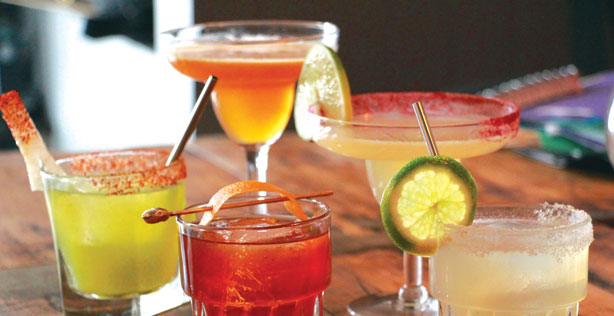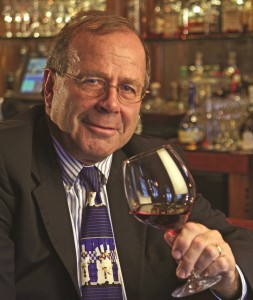

Len Panaggio, Beverage Consultant
By Len Panaggio
I think we can all agree that tequila has had quite a run over the last decade or so. It has evolved from the shot of choice for college kids and young adults to a rather refined, sipping alcohol for the discerning palate. Don’t get me wrong; shots are still popular, but in this age of craft cocktails and a return to retro-inspired drinks, the emergence of tequila as a sophisticated choice is real.
It’s time to focus on the rise in popularity of mezcal. Many of my bar-owner friends are asking me about it and I defer to expert bartenders to enlighten me, especially mixologists like Jason Kindness of Kai in East Greenwich and Corey Hayes at Gurney’s in Newport. But, before we go into what has sparked this interest, let’s answer the basic question … what is mezcal?
To me, the answer is similar to the phrase, “all Champagne is sparkling wine but not all sparkling wine is Champagne.” Similarly, all tequila is mezcal, but not all mezcal is tequila. There are some basic differences, but most notable are the regions they are made in and the way the agave plant is cooked, which is the more important difference.
The core of the agave plant, the piña, is what is used to make the beverage. For tequila, the agave is steamed in industrial ovens, and then distilled two or three times in copper pots. Mezcal is cooked in large, earthen pits, surrounded by lava rocks filled with charcoal and wood before being distilled in large clay pots. Clearly, that is the traditional way of doing it and many artisanal producers still employ this method. But for larger producers, getting to market quickly involves some shortcuts along the way, unfortunately.
The old or traditional style truly imparts the smokiness that many consumers are looking for, which sets mezcal apart from tequila. Both are aged in oak barrels, but have differing time frames for aging. Fortunately, IPAs, popular Italian digestifs, and Scotch have emboldened consumers to embrace bitterness or smokiness in a beverage, which opens the doorway to this smoky flavor profile.
Much like Scotch, mezcal is an acquired taste. Without getting too deep, smoke is the predominant aroma, but there are many other aromas depending on many factors in the production. Remember, mezcal is aged in oak, so many of the flavors of the wood will express themselves in the spirit.
Consumers are looking to experience the artistry found in traditional methods of distillation, brewing and aging. The past is intriguing to many imbibers and, fortunately, it is in vogue right now. The important aspect of this is that guests are willing to pay a premium for a quality mezcal.
We all experienced the tequila craze that took the market by storm, followed by so many others trying to tap into that growing market, to greater or lesser degrees of success. True, shots were first, but now sipping and enjoying the flavors of this popular spirit is very much on trend.
Now, according to my mixologist experts, the best mezcal for mixing is El Buho. It’s not as expensive as premium products, but it works well in cocktails. As for a sipping mezcal, Craneo and Del Maguey are top of mind. There are many mezcal brands to choose from and with its rising demand, one would be wise to get on board and taste some. I recommend choosing one or two for your list and having a ready supply available for guests. This may well be the next big craze and smart operators will be ready for the demand.
After all, your guests are looking to you for the latest trends! Oh, by the way, how are your Oktoberfest beers going? Salud!
Len Panaggio’s career in food and wine spans more than three decades as an owner and as a beverage director at some of the top restaurants in Rhode Island. Currently a hospitality consultant, Len is a graduate of the University of Rhode Island and has attended the Culinary Institute of America Master Sommelier program and the Sterling School of Service and Hospitality.



